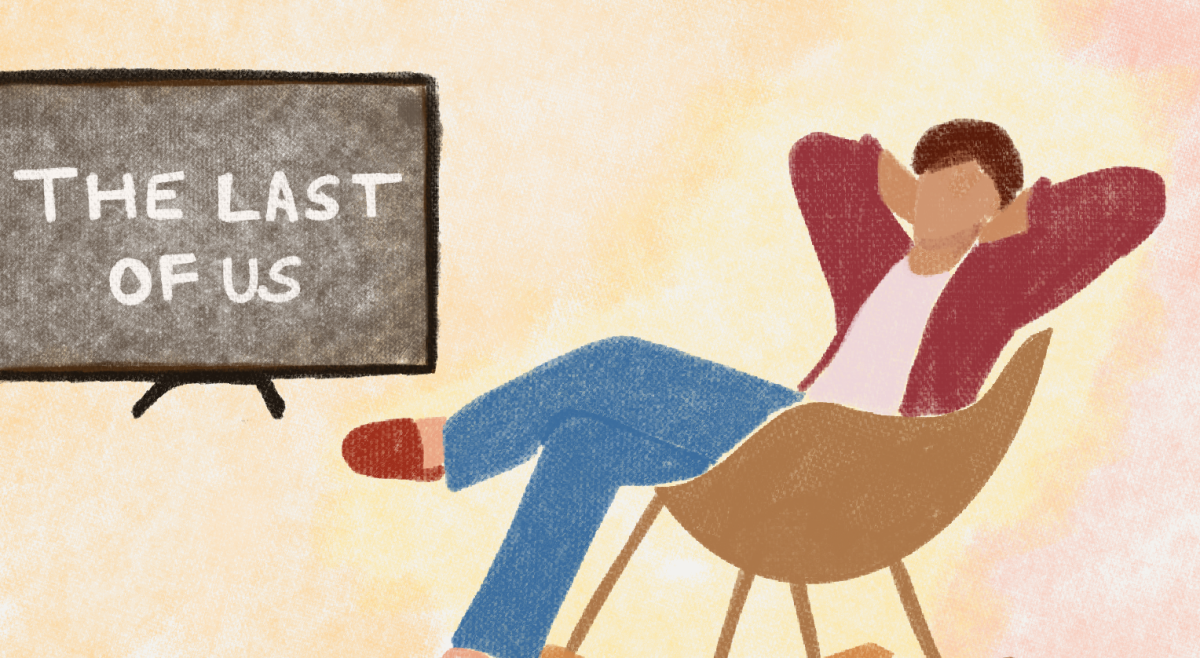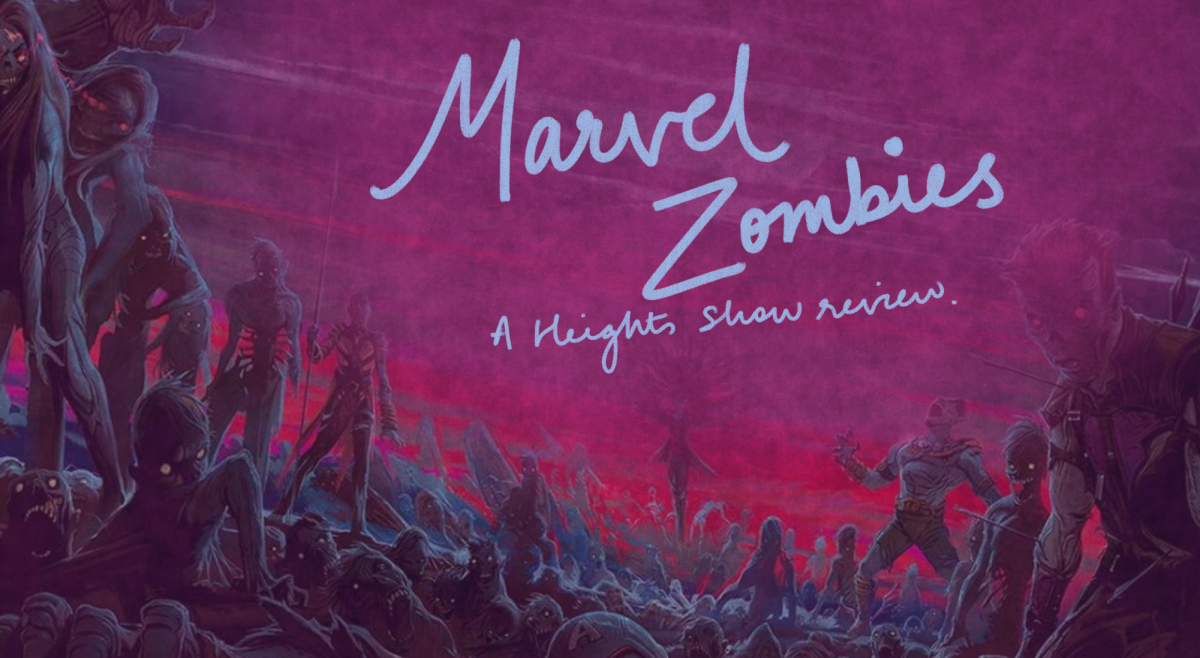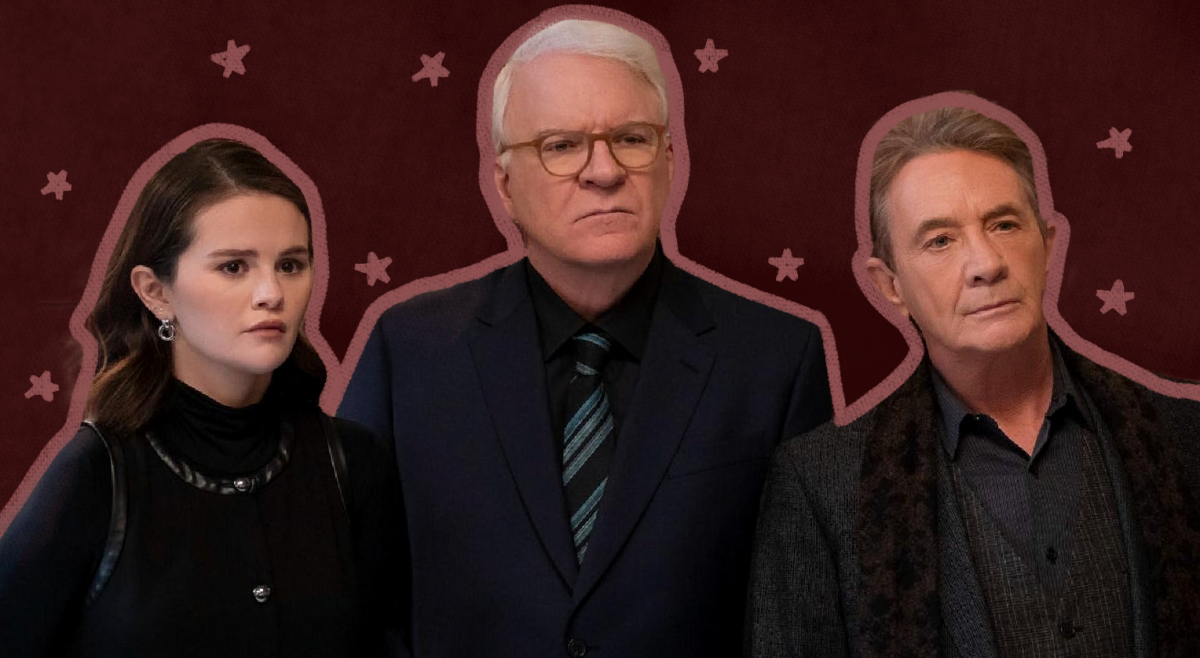Its name alone might spark apprehension among potential viewers, but Planet Sex goes above and beyond its title, exploring everything from beauty standards to monogamy in our seemingly sexually complicated world.
English model and actress Cara Delevingne uses her new docuseries to show viewers that modern views on sex aren’t as complicated as we think. Released on Hulu on Valentine’s Day, the show’s six episodes dive into relevant sexual and societal issues in a comprehensible way.
Traveling everywhere from Tokyo, Japan to Johannesburg, South Africa, Delevingne looks at how different cultures, countries, and individuals think about love. Much of her focus is on LGBTQ+ identities, and she touches on her personal experiences of struggling to come to terms with her own sexuality in the spotlight.
As society becomes more accepting of the queer community, shows that tackle these issues have become increasingly common—but many fail to draw in viewers from outside the community. Planet Sex is different, inviting everyone to join the conversation.
The show is filmed in the style of a travel diary, depicting a slew of people and places that are defining modern sex culture. Delevingne’s vulnerability and humor are a comforting guide to a tricky topic. She interviews a spectrum of people, from researchers to drag queens to politicians. She also weaves in her own story. Her admitting discomfort at being new to the LGBTQ+ community and feeling out of place, but still publicly showing her pride puts the viewer at ease.
Early on in the show, she lovingly describes her journey as “all a bit of a hot mess,” a description that most have related to at some point in their romantic lives. Through her experiences, Delevingne pushes her comfort zone and teaches viewers to face the messiness head-on.
On one excursion, she visits a festival for LGBTQ+ women in Palm Springs, Calif. Despite being out and proud at 30, she discusses how internalized shame and stigma surrounding homosexuality have stopped her from previously attending any event like this. She discovers, along with viewers, the importance of community. Like the series, the festival is colorful and proud, but there are sobering moments. She interviews couples who, like her, weren’t able to come to terms with or show their sexuality until later in life.
Throughout the show, Delevingne works to demonstrate that our shame surrounding sex and sexuality is founded mostly on societal pressures—and she has the science to back it up. Concrete research legitimizes the study of sex for those who might be skeptical—and shows viewers why it’s important to have conversations about the topic.
In London, Delevingne speaks to a psychologist who has researched the extent of nature versus nurture as it relates to sexual orientation. Most viewers understand the basic concept, but she takes it a step further, explaining how queerness is actually heavily influenced by biology.
Even more impactful are the conversations she has with people for whom sex and gender have come to define their lives. In one interview, she speaks to a Japanese makeup artist who left Japan for years because his sexuality wasn’t accepted. When he returned, he carved out a space—as a Buddhist monk, of all things—where he could feel both confidence and balance in himself. These are the kind of people Delevingne is inspired by, and in turn, inspire viewers throughout the show.
These personal narratives, coupled with investigations into human behavior as a whole, serve to break down complex issues of gender and sex for viewers. Sex can be an uncomfortable topic, but Delevingne is adamant that it should never have to be, and that there’s a space for everyone and anyone when it comes to expressing one’s sexuality.













